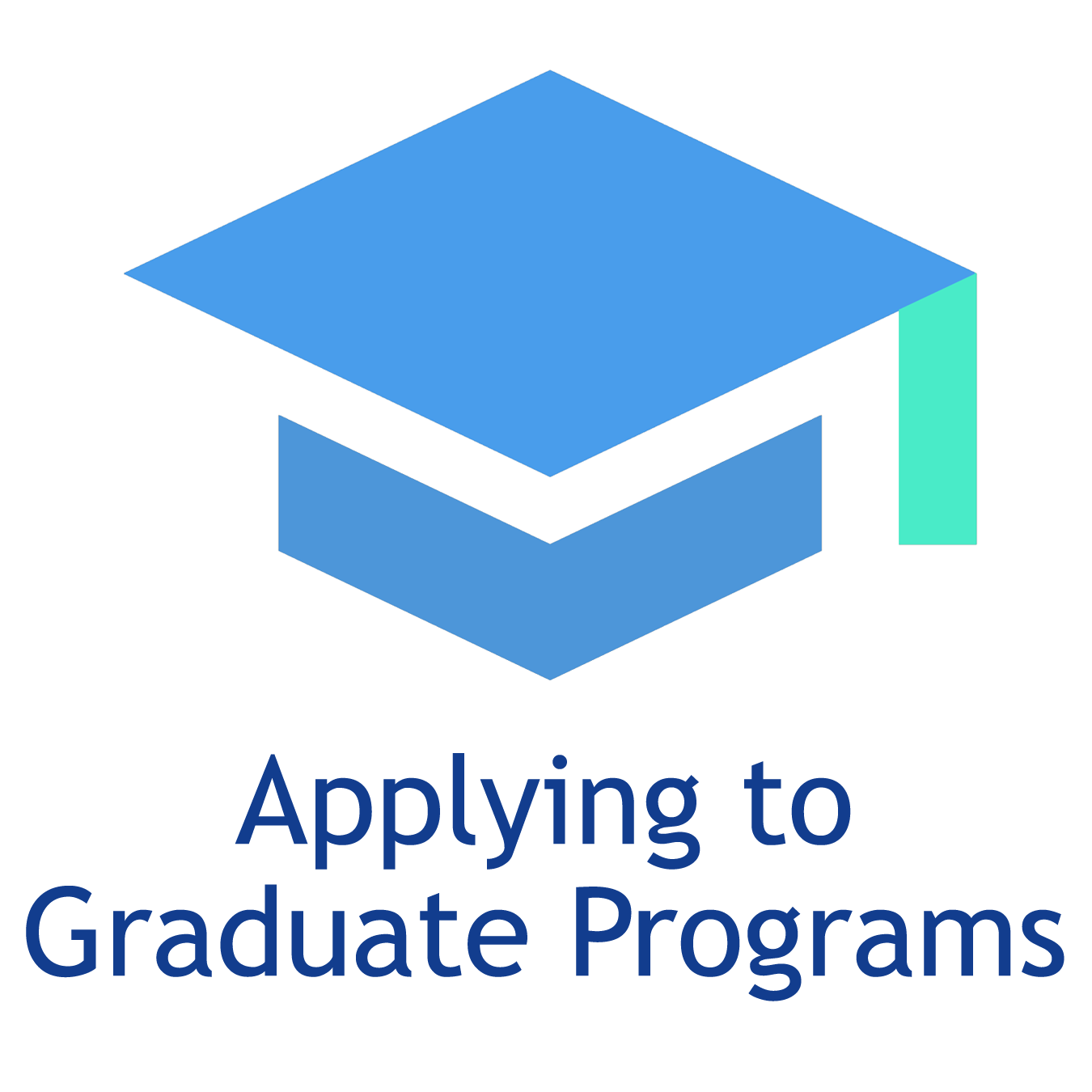How to Apply to Graduate School
Information and Resources
Applying to graduate school – whether it is in psychology (experimental, clinical, and otherwise), neuroscience, cognitive science, or professional fields (medical/dental school, other health-oriented professions, marketing, and other fields) – can be a highly challenging process. In many cases, undergraduate students who are already busy with classes attempt to figure out the process independently, often to mixed results. To help resolve some of the mysteries about applying and to help point students in the direction of more effective strategies for doing so, we’ve collected the following resources.
Start Early, Plan Ahead, and Set Aside Sufficient Time...
If there was one piece of advice that we could offer about applying to graduate school, it would be to start early. It is common to begin preparing applications a year or more in advance; ideally, one should begin planning even earlier. However, even a month or two of extra time can be beneficial.
An important factor related to this is to set aside sufficient time. A guide to graduate applications prepared for the American Psychological Association (APA) emphasizes that applying to graduate programs involves a substantial workload equivalent to a 3-credit course or more.1 Thus, budgeting sufficient time to work on applications (for instance, several hours per week) is just as important as starting early.
For more information on optimal schedules for preparing graduate applications, please see the “Timelines for the Graduate Application Process” page. Further information is also linked below.
...Or Take Time After Graduating to Adequately Prepare
Another option that many grad students successfully take is to spend some time between their undergraduate and graduate careers. Rather than applying during their senior undergrad year or directly after graduating, it can be helpful to take a year or more to get additional research experience, adequately prepare for the GRE and achieve a satisfactory score, write a winning statement of purpose, and more.
Additionally, taking time away from academic life after graduating can be useful for students to think more deeply about their career goals, whether they want to pursue graduate studies, and, if so, what type of graduate program they wish to apply to. In some cases, students apply for graduate school as the "next logical step" when, in fact, they have not fully considered whether academic studies is the path that they genuinely want to take.
Finally, getting additional job experience, clinical experience, and/or volunteering experience after graduating and before potentially applying to graduate school is possible. These can be important for several different graduate programs.
The Process of Applying to Graduate Programs
For a guide to applying to graduate school – from choosing schools to the interview process – please check out the following pages. Note that these sections are tailored toward research-based psychology graduate programs. However, much of the included information can be adapted to other graduate applications, and we also have clinical psychology and medical school sections that more specifically address applications in those areas.
- Choosing Programs, Timelines for Applying, and Applicant Qualifications – here we detail how to search for and select programs, when you should begin and complete the application process (including two timelines depending on where you are in your undergraduate studies), what are the characteristics of successful applicants, and program acceptance rates.
- Components of Successful Graduate Applications – from the statement of purpose to letters of recommendation, to taking the GRE, and finally to interviews, here we discuss the different components of each and how to complete them for optimal results.
- Applying to Clinical and Other Graduate Programs – here, we discuss the specifics of applying to programs in clinical psychology, medical school, and other professional health programs.
- Choosing to Attend Graduate School – now that I’ve been accepted, which program should I choose? Which advisor is right for me? Here, we provide resources to assist with the decision-making process, plus preview important considerations for students as they begin their graduate careers.
Workshops and Downloadable Resources
Workshops
- For an in-person discussion of the process of applying to graduate programs in psychology, neuroscience, and related fields, please consider attending this department’s “Paths to PhDs” workshop and other related events (for dates and times, please check the undergraduate workshops calendar).
Downloads
- Tips for Applying to Graduate Programs in Psychology (a brief summary) [PDF]
Further Resources
Recommended Reading
APA Resources on Graduate Applications
APA Videos on Graduate Applications
Further Resources
References
1Norcross, J. C., & Hogan, T. P. (2016). Preparing and applying for graduate school in psychology: 12 modules. American Psychological Association [video workshop].
Prepared by S. C. Pan for UCSD Psychology
Graphic adapted with permission from Google under Creative Commons Attribution-Share Alike 4.0 International license.
